Having a Conversation About Cochlear Implants
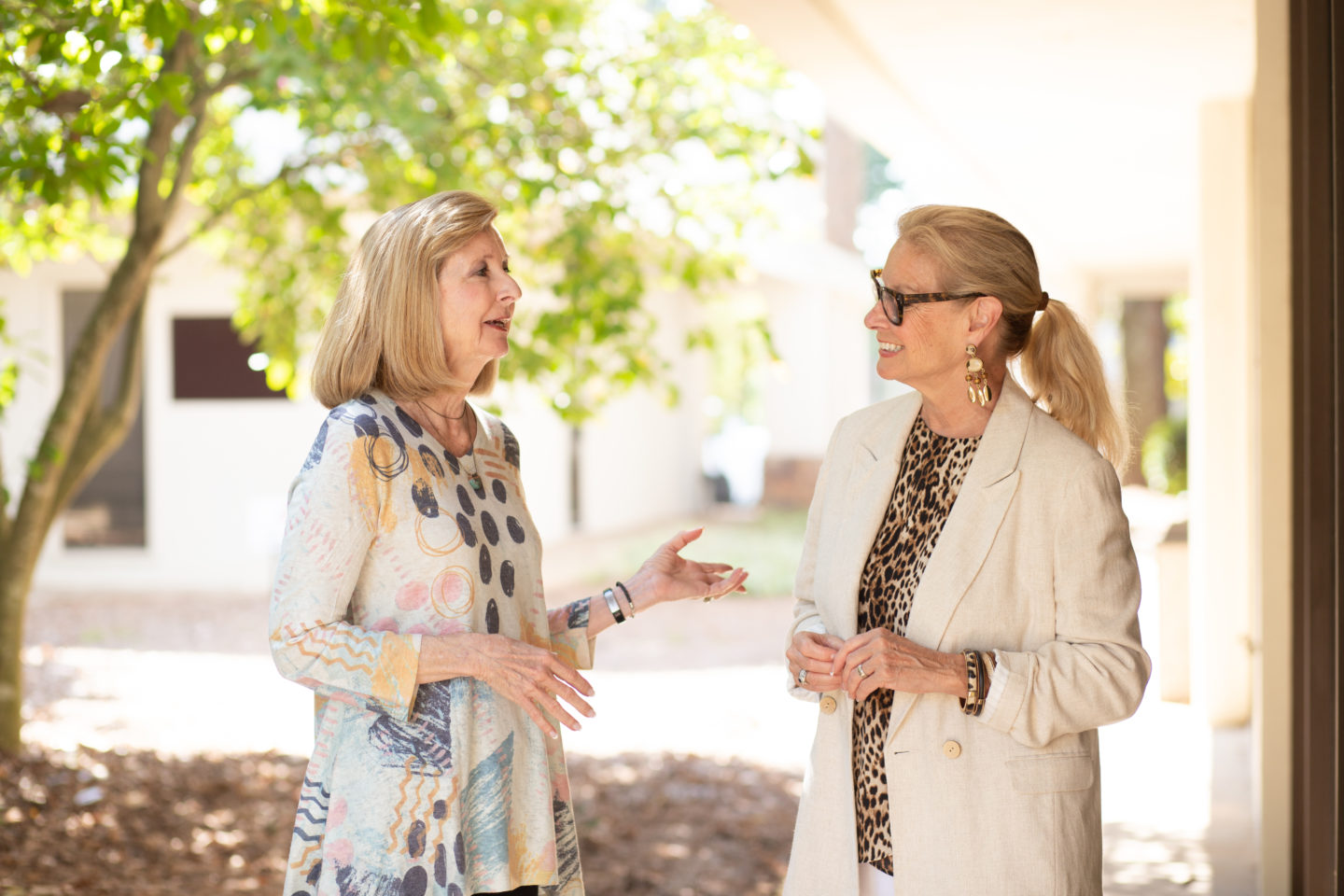
I recently had the most wonderful meeting with another Robin about how her hearing loss impacted her love for riding and how cochlear implants gave her back her passion.
This is a sponsored post with Cochlear Americas though the words and opinions are my own.
I had a delightful 2-hour discussion with Robin C. about so many things we have in common as 60-ish women (Family ties to Minnesota and our love for our pets among the many similarities) but the one thing I have never experienced is hearing loss. Robin was very generous in sharing her journey with me.
When Robin first lost her hearing, the affliction took much more than just her auditory sense; it took away her passion.
Having ridden horses since she was 8 years old, Robin had turned her equestrian interest into more than a hobby. Throughout her life, she would win several regional championships as well as a national championship for saddle seat riding.
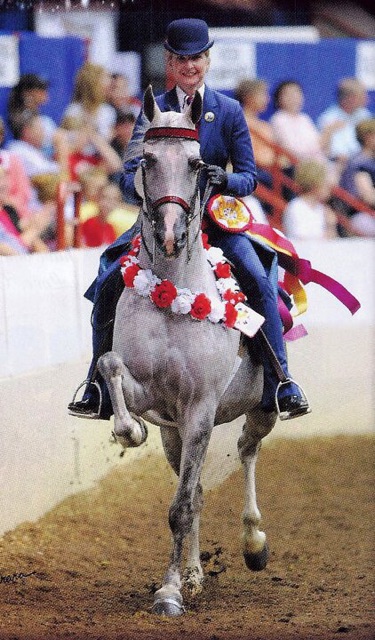
Despite an equestrian career of accolades, there were “bumps in the road.” The eventual loss of all hearing — and subsequent, initial stripping away of her favorite hobby — was a significant one.
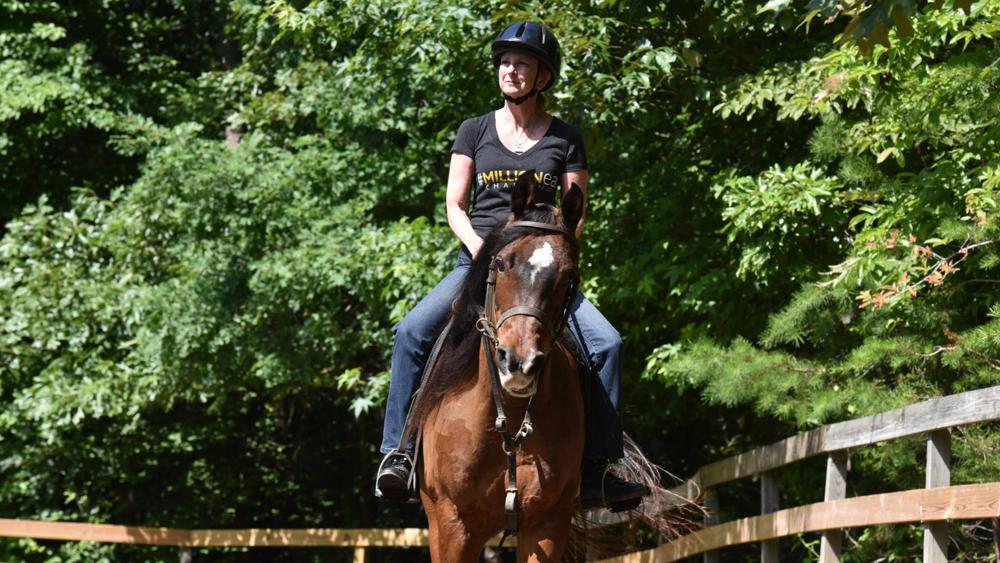
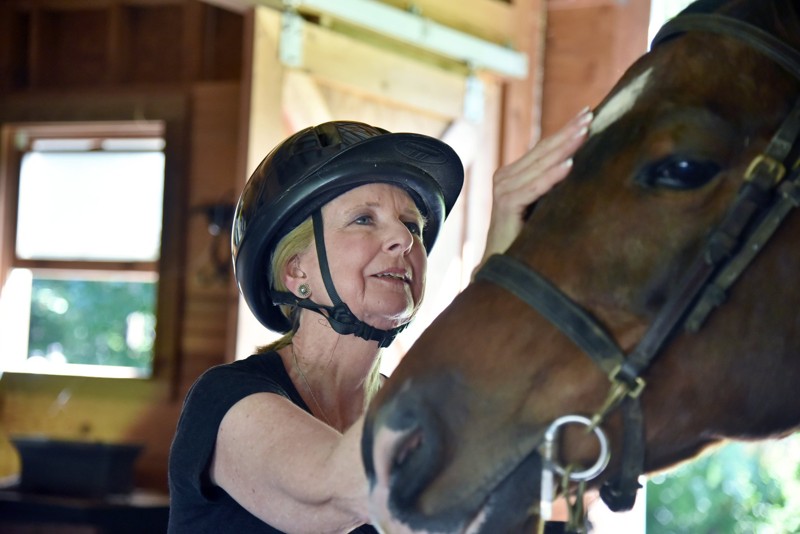
Robin noticed her hearing was affecting her at work and went to see her audiologist who recommended hearing aids. Her hearing continued to diminish over the next couple of decades, and it would affect her on a very deep level.
“With all this terrible hearing loss, my balance went to heck, and I could function in life, but I could barely walk at times,” she said. “I tried to ride horses, but I couldn’t ride anything but a beginner’s horse. When I got on the horse, I felt like I was on a boat. I had to learn to ride again.”
She credits fitness instructor Cindy Bickman of Chattooga Gym in Marietta for getting her back in the saddle.
Bickman specializes in dance and gymnastics courses, as well as coaching athletes for Special Olympics. ( Special Olympics is another connection we have.)
Using a neuromuscular exercise system, Bickman was able to help Robin.
She said the other thing that got her through rough times was the cochlear implant she received in February 2010.
What is a cochlear implant?
Unlike the hearing aids she’d become accustomed to, which simply amplified sounds, cochlear implants bypass damaged portions of the ear and stimulate the auditory nerve.
Cochlear implants consist of a sound processor that generates signals which are sent through the coil to the implant under the skin.
Robin recently upgraded to Cochlear™ Nucleus® 7 Sound Processors, and she cannot tell you how very excited she is about now being able to answer and receive calls and stream music and videos, untethered, just like hearing people! She is on the phone extensively throughout the day without stressing about it or worrying that she will not understand what is being said.
It was not long afterward that Robin knew she wanted to become bilateral (cochlear implants on both sides), which became a reality two years later.
Being bilateral gave Robin a full world of sound, with music becoming such a welcomed gift again. When Robin had been struggling for so long to hear, she knew that she was anxious, short-tempered, withdrawn and tired. With her cochlear implants, the hearing-related stress was gone; she got back into the swing of the activities that she loves with enthusiasm, joy, and energy. She does not think she realized just how much of a significant physical and emotional toll her hearing loss had been on her until after she had her cochlear implants.
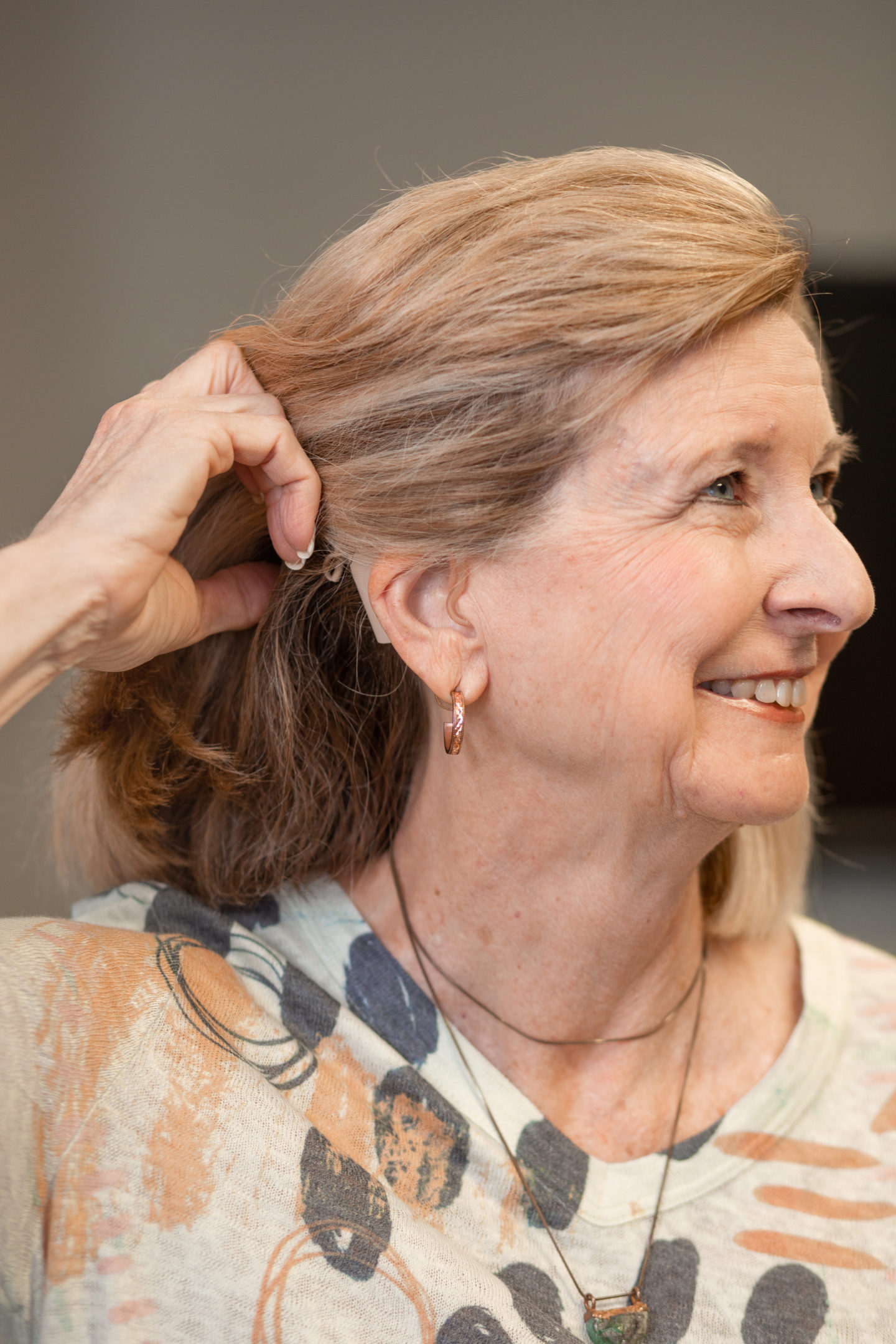
Hearing Loss in Adults
According to the National Institutes of Health (NIH), one in every three people 65 years of
age and one in every two people 75 years of age and over has hearing loss. (link)
On average, research finds people with hearing loss wait 10 years to get their hearing loss
treated. (link)
Here are some critical facts about hearing loss in adults :
- If a hearing loss has progressed beyond receiving benefit from a hearing aid—when it
sounds like listening to a loud, badly tuned radio and the words are not clear anymore—it
is time to consider a different hearing solution like a cochlear implant.
- A cochlear implant is an FDA-approved, surgically implanted medical device that replaces
the function of the inner ear (cochlea) and is designed to mimic natural hearing. Cochlear
implants may help adults of any age with moderate to profound hearing loss in both ears
who are not receiving enough benefit when using hearing aids.
- Cochlear implants are the only proven medical treatment option for those with severe to profound hearing loss.
- A cochlear implant is designed to provide clearer sound to help you understand what is being said, especially in noisy environments like conversations in loud restaurants. Struggling to hear and communicate can be stressful if your hearing aids are no longer providing you enough benefit. Cochlear implant technology and innovations today may
help you to regain your ability to hear conversations and communicate with family and
friends, talk on the phone, listen to music, watch and hear the TV, and so much more.
- A recent study found 93 percent of cochlear implant recipients improved speech
understanding compared to hearing aids. (link)
- A recent study found 83 percent reported a statistically significant improvement in the quality
of life after receiving a cochlear implant. (link)
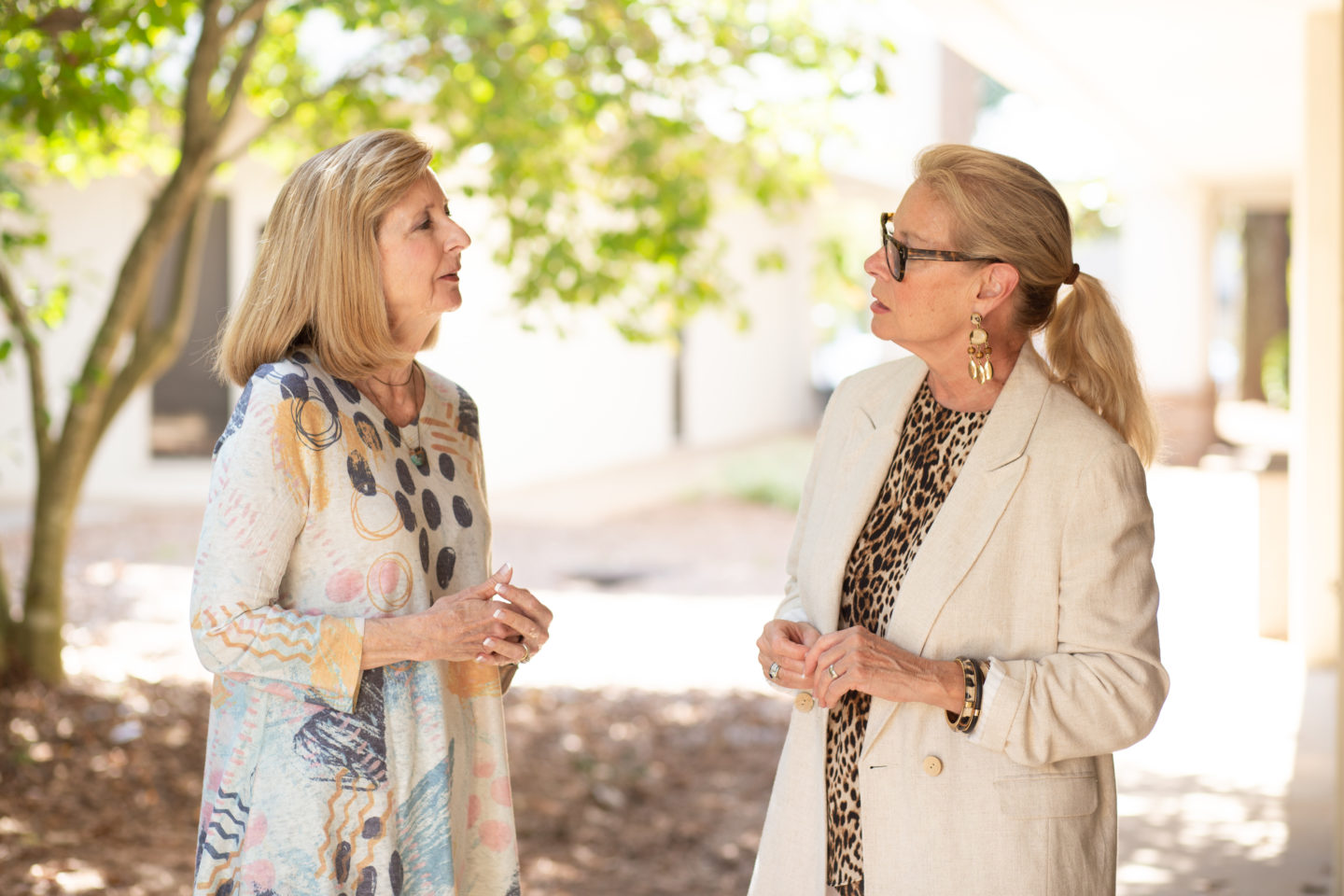
Robin’s Quality of Life Today
Robin says that having cochlear implants have improved her life immeasurably. She is feeling confident, engaged and energized. Robin says she is no longer isolated, stressed, or depressed. She really does feel like the person she was many years ago before her hearing loss started chipping away at her life in so many ways.
Robin has paid it forward since receiving her cochlear implants. She started some informal get-togethers with other implant recipients in the area to share information and experiences and help support one another.
Being active again was huge for Robin! She got back to her passion, riding horses and showing, including winning several big championships, and she adopted a new horse member of the family!
Robin also started a new business, which is thriving.
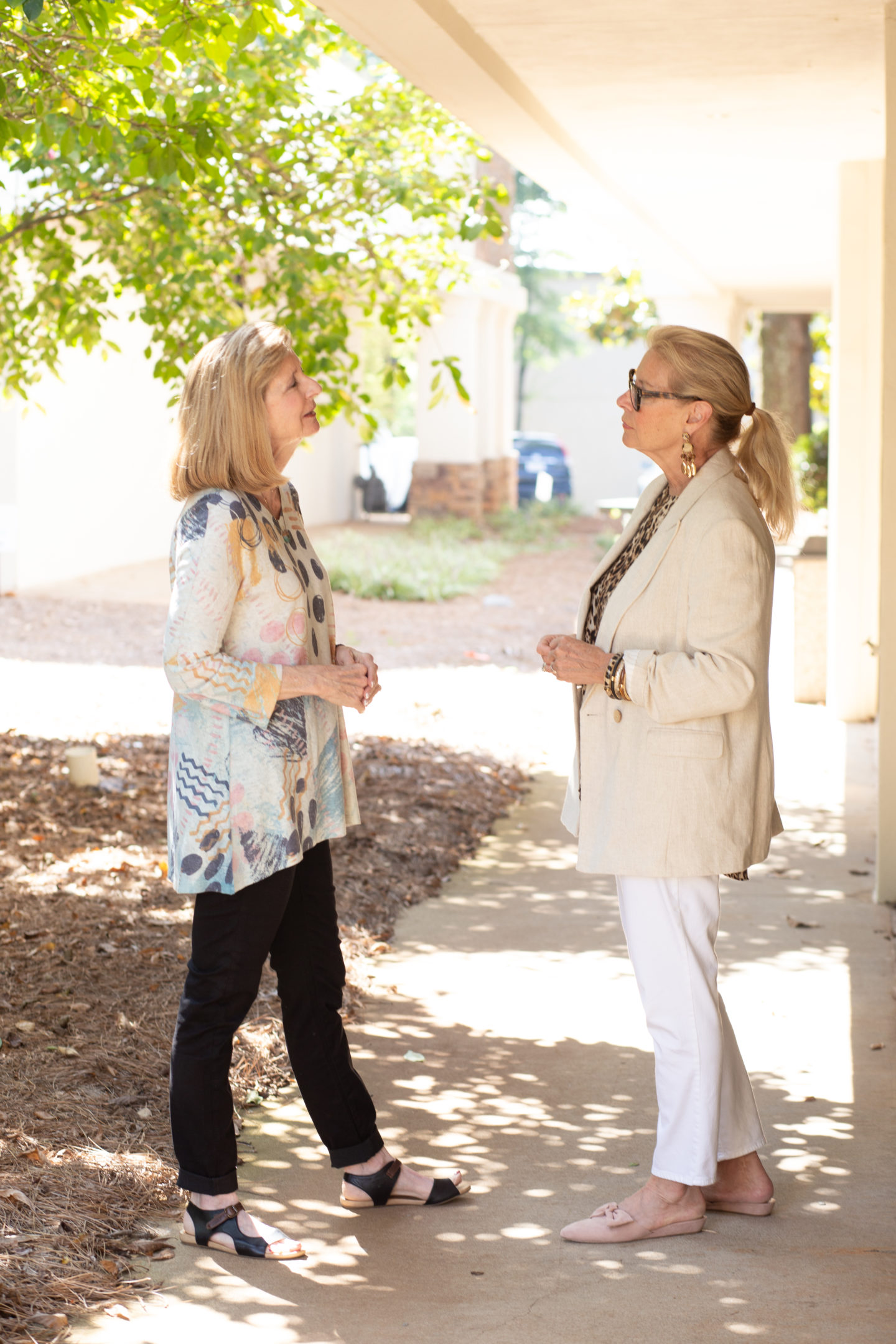
Robin is living her best life now!
I am so happy I got to meet this remarkable woman and share her journey with you today!
Please seek advice from your health professional about treatments for hearing loss. Outcomes may vary, and your health professional will advise you about the factors which could affect your outcome. Always read the instructions for use. Not all products are available in all countries. Please contact your local Cochlear representative for product information.
Views expressed are those of the individual. Consult your health professional to determine if you are a candidate for Cochlear technology.
Learn more about cochlear implants here.
Thank you for stopping by today!
All photos featuring Robin and Robin were by Jenn Allen Photography
Hugs,

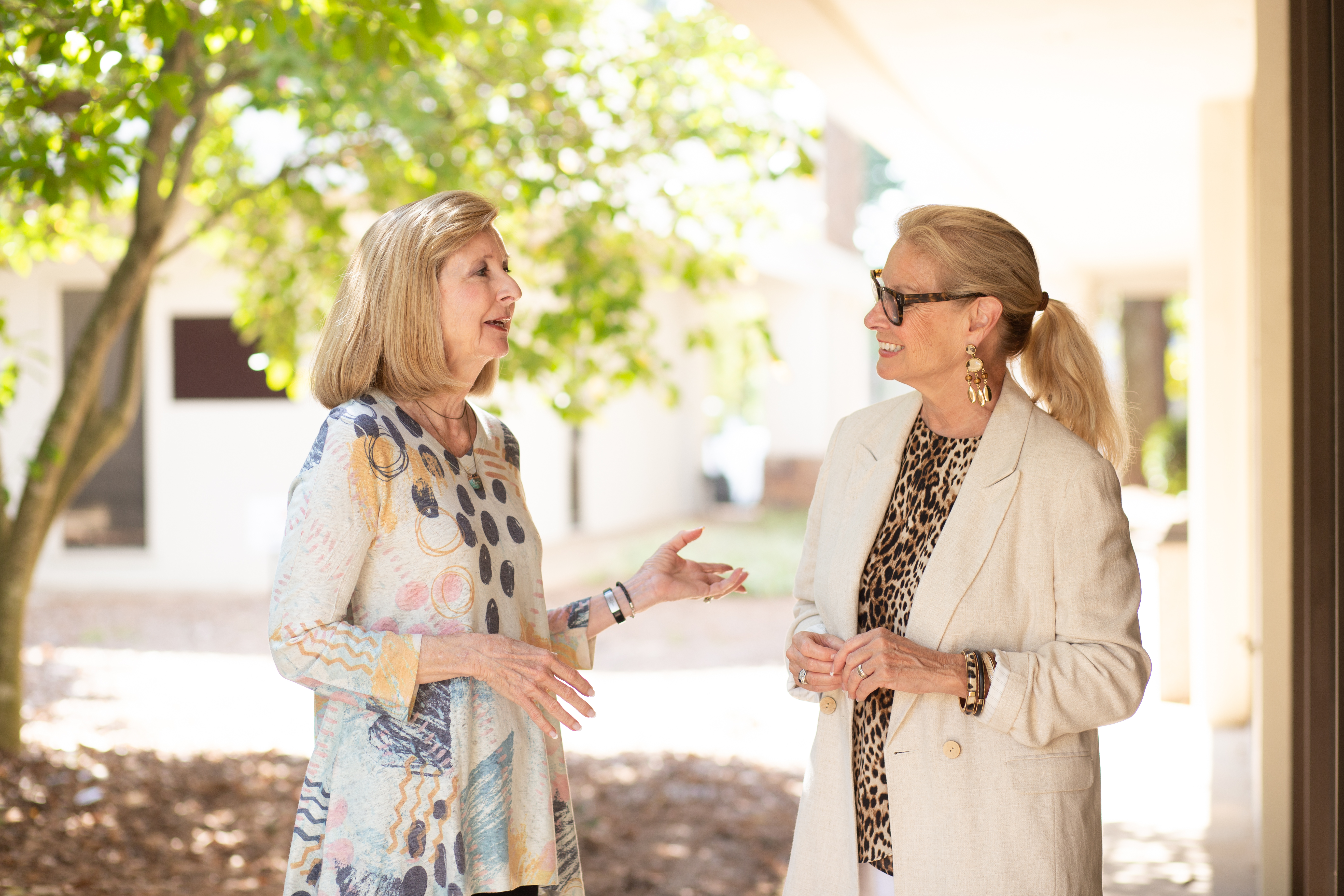
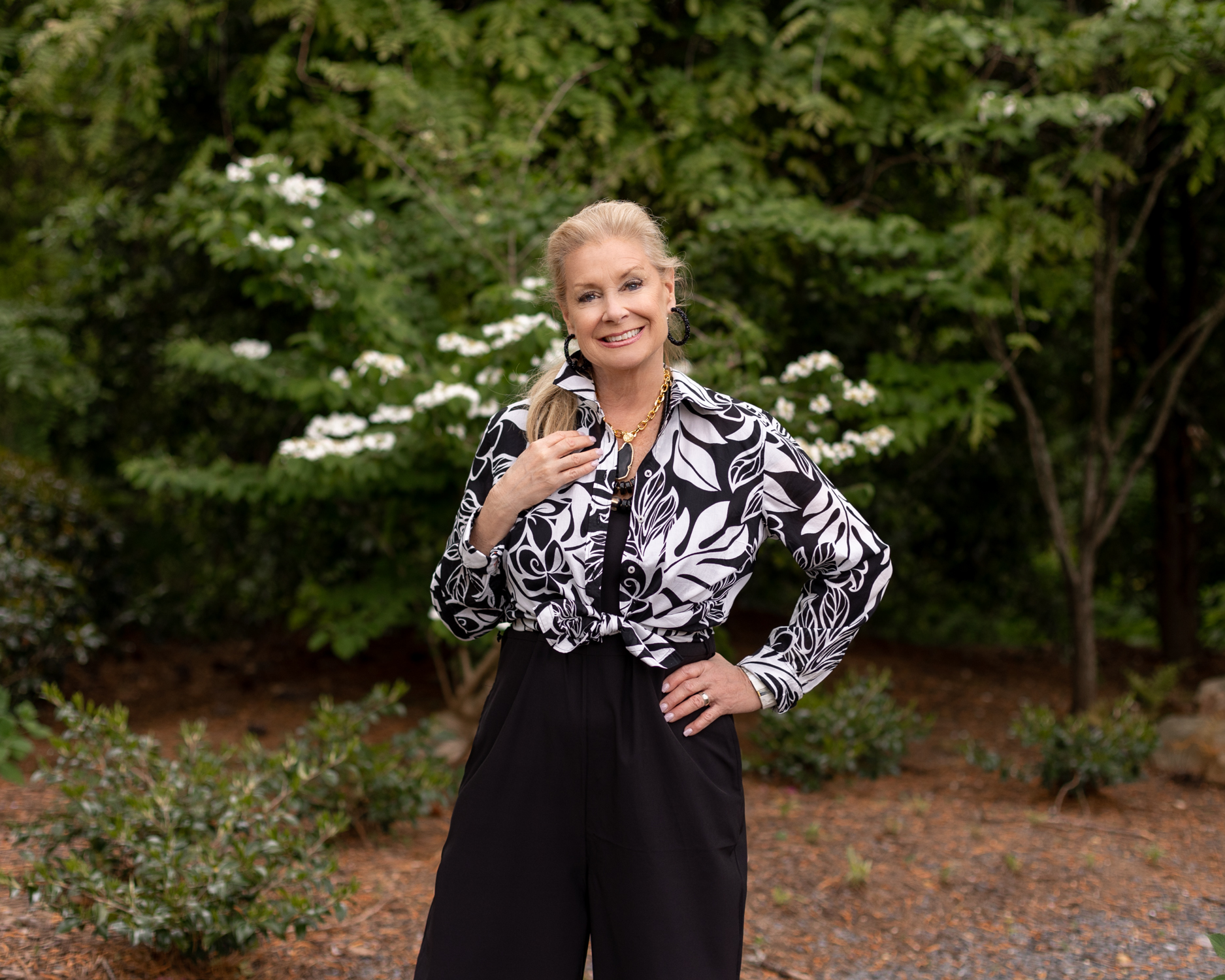
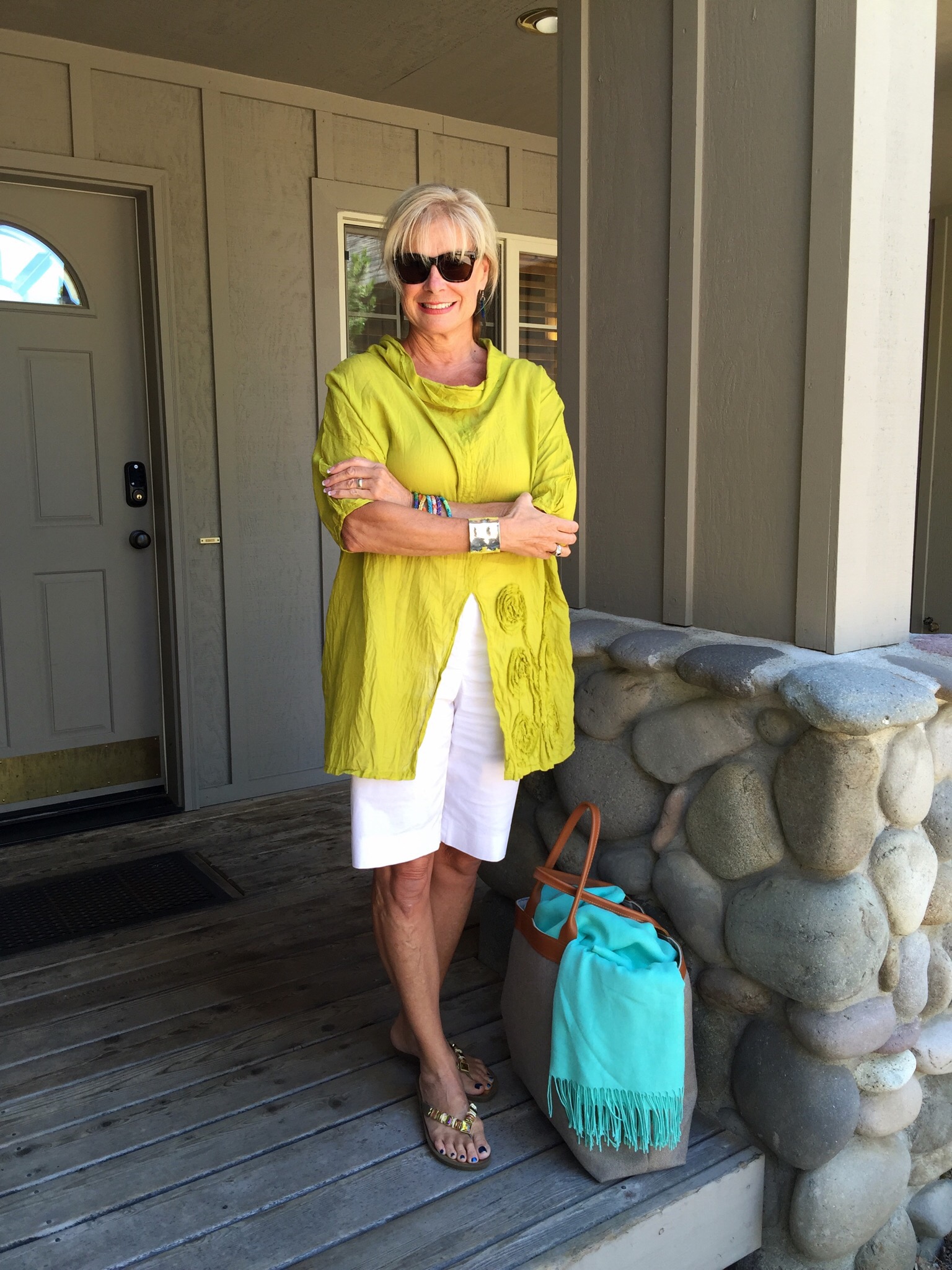

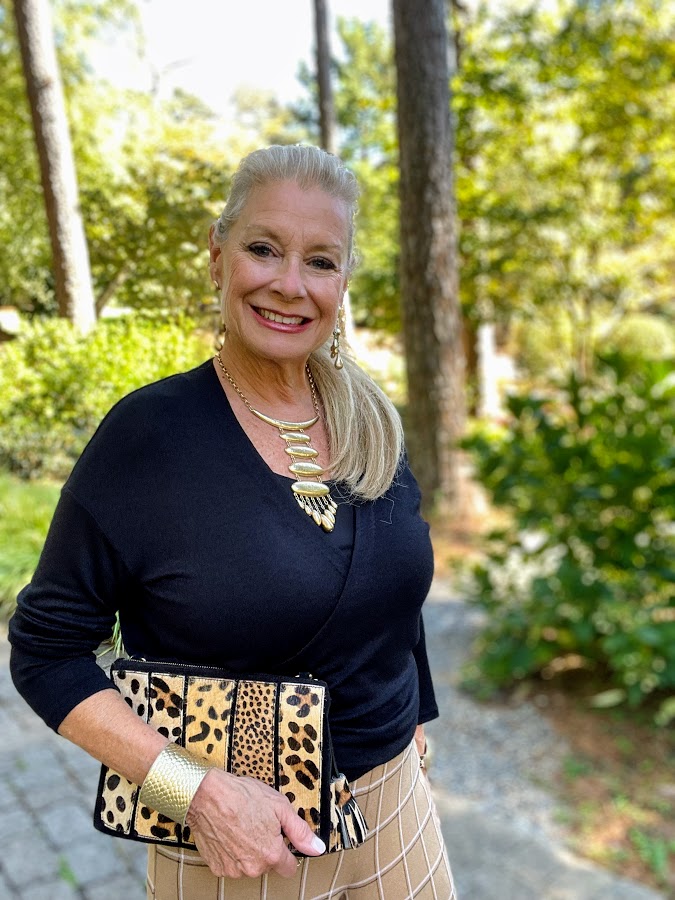
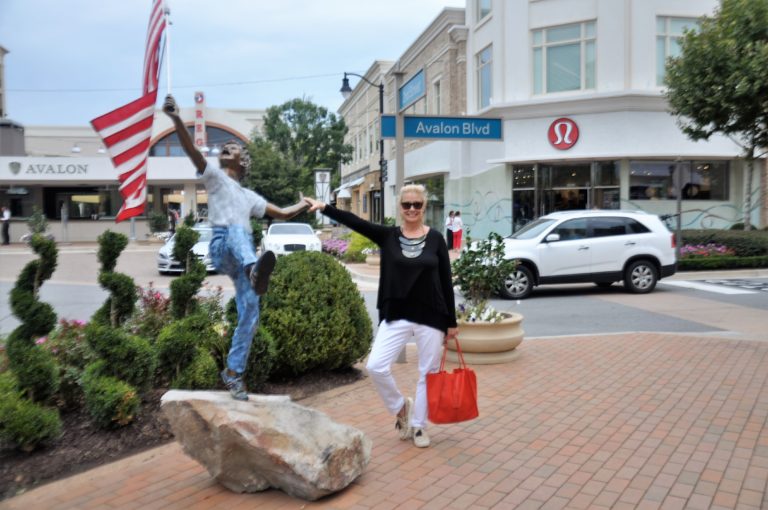
Robin, I have never heard of this solution for hearing loss either and I am completely fascinated by it. This post is also very timely for me as my husband is being fitted for hearing aids within the next few weeks. He has significant hearing loss from life in the Army and too much time spent in active war zones. Right now, his hearing issues should be easily resolved with hearing aids, but who knows if the loss will get worse over time. He is only 38 so it is probable that in 30 years, he may need something more. This is such great information to have for when we will be needing it. Thanks so much for sharing and linking up. And much gratitude to Robin C. for sharing her inspirational story with us.
Shelbee
http://www.shelbeeontheedge.com
Shelbee,
I am so happy you read my post!
Robin started losing her hearing in her 30’s and did wear hearing aids.
However the hearing aids didn’t help her and she was a perfect candidate for the cochlear implants.
I am wondering how many soldiers have severe hearing loss due to service.
Hugs,
Robin
This is such an interesting post and a complete game changer for someone with hearing loss. I’m assuming it is not an option for people who have hearing issues caused by Tinitus but am curious to know if you discussed that.
xx Jenifer
Jenifer,
This is severe hearing loss that I discussed with Robin.
I don’t think this would be an option for tinnitus.
Hugs,
Robin
It is amazing how much of life is affected by your senses. Glad to hear that she is doing so well and has thrived with the implants.
Colleen,
Yes Robin is living her life on her terms now.
She is able to ride again and has a very active lifestyle because she can hear again.
Hugs,
Robin
What an inspiration! We all face adversity, and I love to see those who rise above, face it head on and don’t let it get in the way of living their best life. Thank you for this informational and inspirational post!
Susan,
Thank you for stopping by today!
I really think we are able live our best lives armed with information about the latest technology if we suffer from profound hearing loss that hearing aids can’t help with.
Hugs,
Robin
I’ve never heard of cochlear implants before. But I jumped to read this article immediately upon getting an alert about this new blog post because I’m super curious. (A close family member is struggling with a loss of hearing.) Thank you for sharing your conversation/s about such a relevant topic.
~ Suzana Barton
Suzana,
Cochlear implants are only recommended for people who can no longer hear using hearing aids. Robin was so kind to spend time with me educating and inspiring me for this blog post.
Hugs,
Robin